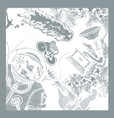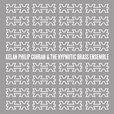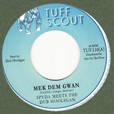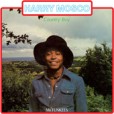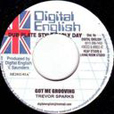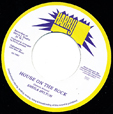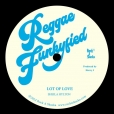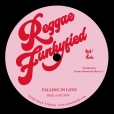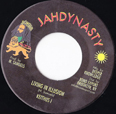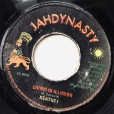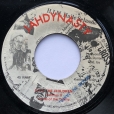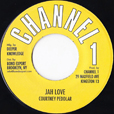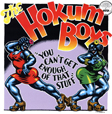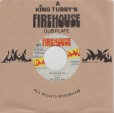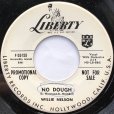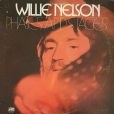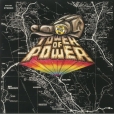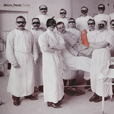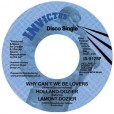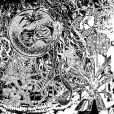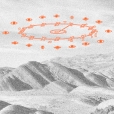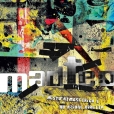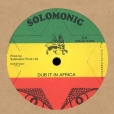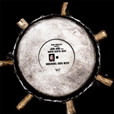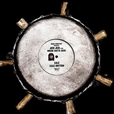Your basket is empty

Three deep funk instrumentals — HBE on the opener. Sound-wise, doubly lethal, as alive as vinyl gets. Silvered, silk-screened sleeve.
Brand new recordings, this is majestic, surging, scintillating music — with swing, jump and shout, Sun Ra, Mingus and Gil Evans, Arab-Andalusian music, hip hop and New Orleans funk all coursing through.
Ace late-seventies roots featured in the Deep Roots documentary — so coolly poised — from the Breakfast In Bed hit-maker. Tough Dennis Brown composition, written specially for Sheila.
Heartfelt, blessed early-eighties Maxfield Avenue roots, in short supply from the off. Pressed from the original stamper, Digikiller-style: a few clicks at the start can’t test rudie.
Bumptious sauce recorded for Paramount in 1929 by different lineups including Leroy Carr, Scrapper Blackwell, Tampa Red and Blind Blake, and Bob Robinson on banjo and clarinet. Archetypal Crumb; 180g.
Recorded at Muscle Shoals in 1973: a feelingly spare, beautifully restrained concept album about a divorce, devoting a side to each point of view.
‘This is a hell of an emotional record, where even the celebratory honky tonk numbers are muted by sadness. Then, there are the centerpieces: Walkin’, where the woman decides it’s time to move on; Pretend I Never Happened, perhaps the coldest ending to a relationship ever written; Bloody Mary Morning, a bleary-eyed morning-after tale that became a standard; It’s Not Supposed to Be That Way, a nearly unbearably melancholy account of a love gone wrong; and Heaven and Hell, a waltz summary of the relationship. Any two of these would have formed a strong core for an album, but placed together in a narrative context, their impact is even more considerable. As a result, this is not just one of Willie Nelson’s best records, but one of the great concept albums overall’ (AllMusic).
Three brilliant re-routings of Detroit machine funk — Moodymann in particular — into deep mid-Atlantic co-minglings with raw, old-school hiphop and house.
Str8 Crooked is clattering, chugging jack, holding something like Paisley soul under the water; Build Back Better Sweatshops is more driving, riven with breakdowns and horror-show vocal samples. With an uptempo downbeat which nonetheless sounds like a tolling bell, the epic, immersive, sixteen-minutes-plus Episcopi Vagantes pulls off the deadly combination of a kind of stifled, timeworn, melodic wistfulness and percussively restless, passing-through urgency.
This is killer dance music, run through with swingeing, parping bass and ruff b-boy drum-machine rhythms: encrusted and detailed, mangled and nervy, but intensely hard-grooving; wired with punk insouciance, edginess, and free spirit.
Bim bim bim.
Visceral, elemental, electronic funk, conjured from scraps of sound, breath, mutterings, dubwise remembrances, scuffling, sweat and blood, thin air — ‘crawled out of the slime’, as the opener puts it, self-engendering like the baddie in Terminator — all harnessed to cruelly grooving earthquake bass and b-boy drum science.
Rhythmically it has ants in its pants and it needs to dance, with an improvisatory, streetwise nervous energy and uninhibited, purposeful rapture — akin to this guy, say, eighteen minutes in — crossed with on-song Pepe Bradock and stripped-to-the-bone, mongrel hip-hop.
It’s unruly and edgy, a bit off its rocker, emotionally ranging — typically anxious, often nostalgic — and riveting dance music.
Judge-dread mastering by D&M; first-class Pallas pressing; stunning gatefold artwork by Will Bankhead.
Ruff ruff ruff.
‘The opener Cans People is an archaic rave monster, To Know Those Who is non-linear dub techno, Nocturnal Palates expands the filter-house universe, and Rave Nite Itz All Right hits you hard and strange, kind of subtly.
‘The last two tracks really let loose. Madteo manipulates time, space and sounds to create the psychedelic secrets of Luglio Ottantotto. And Emo G (Sticky Wicket) explores the outskirts not only of House or Techno or whatever but music in general: a fifteen-minute trip through the low frequencies, the rumble, the dark hearts, and the enchantment. Breathtaking.’
Fine roots from 1986, with a dose of Burning Spear in the singing. Produced by the Blackheart Man, favoured by Shaka.
A stunning new production by the Rhythm And Sound ace, drawn from his recording sessions with a griot clan of Sabar drummers from Kaolack, led by Bakane Seck, with guest players and vocalists.
A next-level three-tracker, intense and roiling, featuring a mesmeric six-minute instrumental, with Thierno Sarr grooving out on the top string of his bass, adding an elusive Manding flavour to the deep Mbalax mix.
